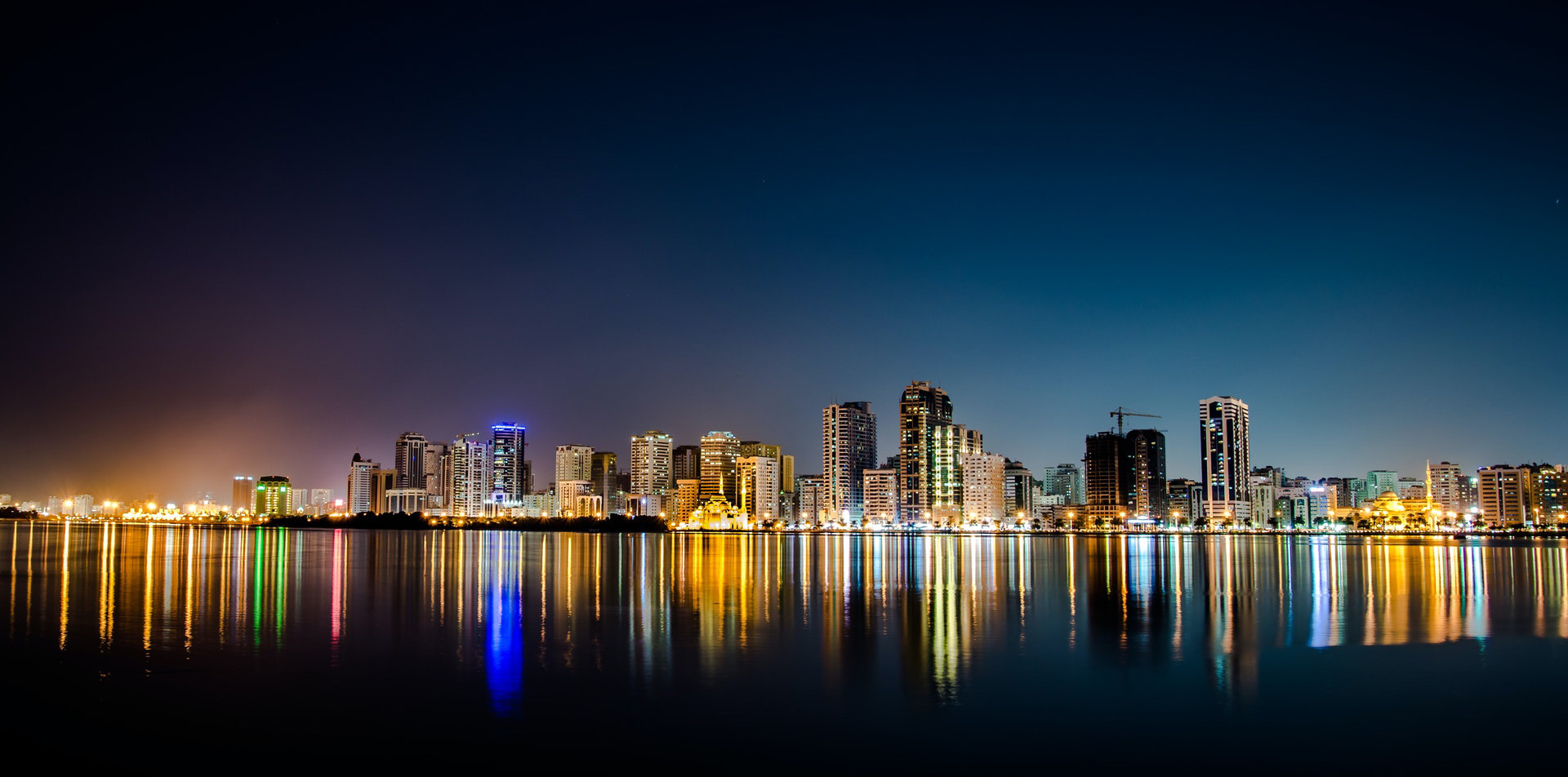We are thrilled to announce that a two-year research postdoc housed within the Weather Report Project is open for applications. The announcement information follows:
Research Fellow
Winchester School of Art
Location: Winchester School of Art
Salary: £31,406 to £38,587 per annum
Full Time Fixed Term for 2 years
Closing Date: Friday 01 April 2022
Interview Date: Wednesday 13 April 2022
Reference: 1733522FH
Two-Year Postdoctoral Award in Environmental Humanities, Media and Art
Winchester School of Art is part of University of Southampton and is committed to addressing the most complex societal and environmental challenges. As a world-leading, research-intensive university, with a strong and high-quality educational offering, we are renowned for our innovation and enterprise and are within the top 1% of universities worldwide.
The AHRC and German DFG funded Weather Reports – Wind as Model, Media, and Experience (WeRep) is hiring postdoctoral researcher. We are looking for a person who can combine expertise in environmental humanities and media as well as art studies (including potentially practice-based research) to deliver original research that addresses cultural histories and data cultures of wind. The successful candidate has the capacity to work in a cross-disciplinary research team and in addition to conducting original research and publishing, is able to take a key role in coordinate key outputs of the project, work together with the relevant stakeholders (such as in other disciplines including STEM areas as well as the art and curatorial sector), and assist in key management of the project. Ideally, you would have already conducted research on questions of ecology, eco data or elementary media and bring experience in interdisciplinary work or artistic research.
WeRep engages with wind as an aesthetic and mediated part of contemporary culture from scientific analysis to everyday experience. WeRep builds an interdisciplinary research focus on the modern media cultural context of wind as it becomes contextualised in relation to contemporary climate, earth and ocean sciences and its various aesthetic meanings. A leading question of the project is how is wind perceived? This question is specified to bodily perception, cultural context, and scientific modelling and knowledge so as to bring different perspectives that mediate between embodied experience, data practices and aesthetic production. The project team is located both at Winchester School of Art (this post) and at University of Potsdam. The working language of the project is English. Proximity to Winchester is desirable.
This post-doctoral research position will facilitate the successful delivery of the Weather Reports grant. The position requires undertaking research in accordance with the specified research project under the supervision of the award holders as well as coordinating engagement activities associated with the grant, such as organizing workshop, data salons and collaborative endeavours with our partner institution in Germany. The appointment also requires help editing and delivering a special issue of a journal related to the Weather Reports research agenda and authoring a journal article combining the researcher’s own research in relation to the project.
The successful candidate must have knowledge of and a PhD in one or more of the following: Humanities (aesthetic engagement in environmental studies), media theory, art/design practice, speculative design, and data visualization (working with data sets). Experience of organizing small scale academic events, liaising and collaborating with research institutions (archives, galleries, etc), collaborative research, academic publishing and editing.
Applications for Research Fellow positions will be considered from candidates who are working towards or nearing completion of a relevant PhD qualification. The title of Research Fellow will be applied upon successful completion of the PhD. Prior to the qualification being awarded the title of Senior Research Assistant will be given.
Interview date – 13th April 2022.
Working at the University of Southampton gives you access to a wide range of benefits in addition to our competitive rates of pay. Our core benefits include pension scheme membership; a generous annual leave allowance (supplemented by University closure days and public holidays) and excellent family leave arrangements (including maternity, paternity, adoption and parental leave). Up to date benefits information can be found at this university link:https://www.southampton.ac.uk/hr/services/benefits-explained/index.page
We aim to create an environment where everyone can thrive and are proactive in fostering a culture of inclusion, respect and equality of opportunity. We believe that we can only truly meet our objectives if we are reflective of society, so we are passionate about creating a working environment in which you are free to bring your whole self to work. Demonstrating an understanding of EDI and how these principles can be applied in a higher education setting is paramount.
With a generous holiday allowance as well as additional university closure days we are committed to supporting our staff and students and open to a flexible working approach.
If you wish to discuss the role in more detail, please email either the PI, Prof. Ryan Bishop at r.bishop@soton.ac.uk or the Co-I, Prof. Jussi Parikka at j.parikka@soton.ac.uk
Application Procedure
You should submit your completed online application form at https://jobs.soton.ac.uk. The application deadline will be midnight on the closing date stated above. If you need any assistance, please call Hannah Nash (HR Recruitment Team) on +44 (0) 23 8059 4043 or email recruitment@soton.ac.uk Please quote reference 1733522FH on all correspondence.
Further details:
We aim to be an equal opportunities employer and welcome applications from all sections of the community. Please note that applications from agencies will not be accepted unless indicated in the job advert.
